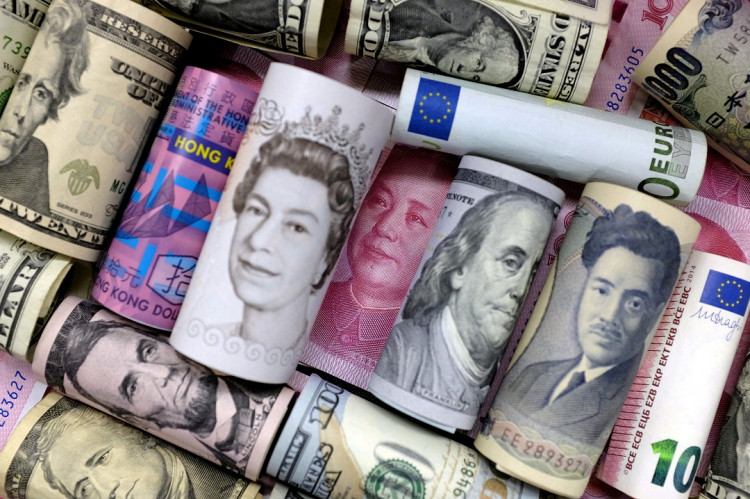The volume of daily global foreign exchange trading has now hit a record $6.6 trillion. Newly published data from the Bank of International Settlements (BIS), has also revealed that London continues to be the world's largest trading hub, with the largest volume of daily currency turnovers.
The last report that the BIS released on the global foreign exchange markets had shown a contraction.
The triennial Forex survey, which is the most comprehensive report on the world's largest financial market, was released in 2016. The report showed that most banks and hedge funds during that time had held back from trading Forex.
The latest report apparently tells a completely different story, revealing that the market itself has managed to bounce back in dramatic fashion. The report released on Monday showed that the daily trading volumes in the foreign exchange markets globally had surged by more than 29 percent to $6.6 trillion. This was a massive jump from the $5.1 trillion daily volume recorded in 2016.
According to the BIS, the increase in trading volumes were bolstered by an uptick in growth in Forex swap activities, enhancements in data transfer technologies, and increased demand from emerging currency markets.
However, the BIS clarified that the increase in the daily global Forex turnover was heavily boosted by Forex swaps, which typically generates lesser revenues when compared to standard cash trading.
The report, which was based on data collected from close to 1,300 financial institutions around the world, also revealed some declines in other types of Forex trading such as cash trading. Spot trading had reportedly decreased to just 30 percent of all daily volumes.
Forex swaps, on the other hand, increased its share of the total daily volumes to around 49 percent, which was a 47 percent jump from its share in 2016.
The BIS survey showed that the UK was still the go-to hub for global forex trading, accounting for roughly $1 of every $2 of interest rate derivatives traded in the global markets.
This was well above what analysts had initially expected following Britain's referendum vote to leave the European Union in 2016. Analysts had expected the decision to severely damage the UK's financial services sectors and possibility unseating it from its top position.
London managed to beat expectations as it remains to be the leading hub for foreign exchange trading. According to industry experts, the city's expertise in the industry, its advanced trading infrastructure, and its convenient time zone had helped a lot in allowing it to come out on top despite the Brexit uncertainty.






